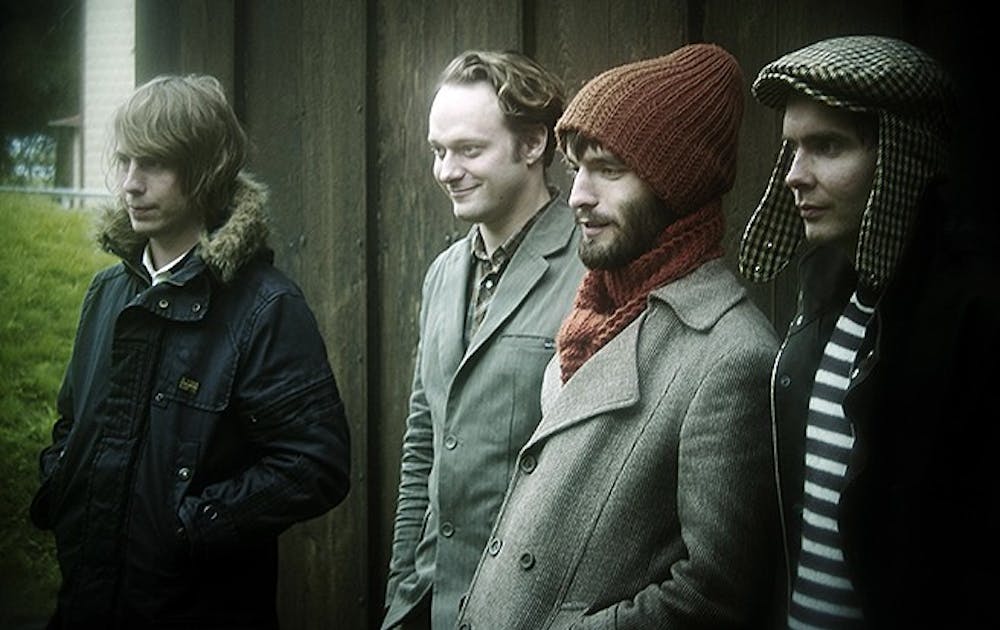Sigur Rós front man Jón “Jónsi” Birgisson has altered the group’s sound with each album since 1997’s "Von." His solo debut Go featured more upbeat, marketable tracks (some even sung in English). Though Sigur Rós is known for their nondirectional song structure, 2008’s Med sud í eyrum vid spilum endalaust departed stylistically by utilizing the recognizable verse-chorus-bridge song structure. The Icelandic band’s latest album Valtari returns to their non-linear style with its long, slow-paced verses and gloomy, toned-down choruses.
The album starts with “Ég anda,” which slowly incorporates echoed choir refrains, pace-quickening electric guitar and Jónsi’s well-tuned falsetto. Jónsi’s voice makes another appearance on “Vadur,” an even quieter ballad that builds up with multi-layered chamber vocals. The track sounds epic enough to be in a war movie trailer, but it’s not overdone or overdramatic.
“Rembihnutur” introduces vocals at the very beginning of the cut, which never peaks with a bridge or chorus. Rather it upholds a subdued mixture of more choir-like vocals and amplified piano from start to finish.
“Valtari” starts with an eerie ensemble of somber violin and echoed synthesizer. Clocking in at eight and a half minutes, this song is the longest on the album, and its instrumentals steadily thicken. Unidentifiable vocals mix with a gradual xylophone and wind sound effects to add to the cut’s dark feel, but like “Rembihnutur,” it never fully develops a concrete chorus. About halfway into the song, it becomes hard to decipher what exactly you’re listening to, as multiple layers of instruments and vocals bleed into one another. The result may be a little crowded, but it’s never sloppy.
A friend of mine once likened Sigur Rós’s music to “the sound an elf makes when you squeeze it.” For many, she’s probably right, but many have come to love the band’s grandiose musical style. This album may not appeal to the band’s Takk fan base (Sigur Rós’s most familiar, perhaps “mainstream” release—see “Hoppípolla”), but Valtari’s downcast ballads serve as poignant gestures toward their earlier work that first put them on the post-rock map.
Get The Chronicle straight to your inbox
Sign up for our weekly newsletter. Cancel at any time.

